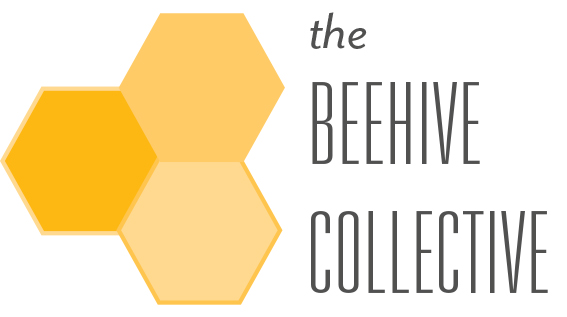Beehive and Community Leaders Discuss Housing and Community Development
/Nearly 70 people gathered at HQ Raleigh on June 29, 2016, for a conversation about the Beehive Collective’s giving theme Housing and Community Development. Led by Beehive board Co-chair Tappan Vickery, the panel featured a broad range of community leaders to talk about this many-sided issue.
Housing is a critical need in Raleigh as many people struggle to find affordable space in an area with a 90% occupancy rate and rising population. Affordable housing is typically defined as total cost of rent/mortgage and utilities coming to less than 30% of total household income. As the average median income and housing values rise in the area, many are struggling to keep up.
While there are many challenges and diverse needs in the community, government agencies, nonprofits, developers and citizens need to work together to on shaping the future. Attending local Citizens Advisory Councils is a good way to learn about an area’s issues and what develop is going on.
“Developing affordable housing starts in the community; it starts in the CACS meetings,” said Raleigh City Councilman Corey Branch. “The council will listen.”
Branch pointed out that while there are programs and incentives in place for those looking to develop affordable housing, many people don’t know about the programs and they’re being underutilized.
And that’s just one prong of the education that needs to take place on such a wide-ranging issue. Creighton Blackwell, Vice President for Corporate Affairs at Coastal Federal Credit Union, said that understanding credit and financial literacy are also key ways to help get people into affordable homes.
“A lot of programs are playing catch up and not looking at the underlying problems,” Blackwell said. “It means nothing unless you create financially healthy people.”
Olive Joyner, Executive Director at Durham’s Housing for New Hope, pointed out that many people live in a cashless economy, without enough money for essentials making this education even more vitally important.
But beyond helping people understand the programs and services available, the city needs to work to rebuild relationships, particularly in areas where affordable housing is being replaced or neighborhoods that are gentrifying quickly.
Branch suggested that meeting people where they are and finding out what they need is a good first step to rebuilding some of these neighborhoods. Programs to help fix homes in disrepair as well as working with community groups to keep the fabric of the neighborhoods together will also be essential.
A best practice for providing affordable housing is a policy called scattered site, or spreading the creation of units across various neighborhoods so they’re not concentrated in one area. But locations should also include access to transportation, employment centers and other services.
“It’s hard for a city like Raleigh to keep up with growth,” said Elizabeth Alley, AICP. “It’s doing a good job in a tough situation.”
While Raleigh has some catching up to do in terms of building more affordable housing and protecting some of its neighborhoods, having conversations about this topic and understanding many different perspectives will help shape a productive dialogue.
The Beehive request for proposals is expected to be released at the end of July. Sign up for our email list to receive notifications.



